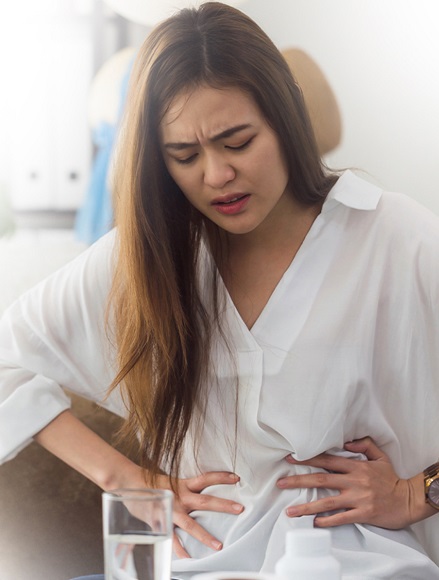Adolescent Clinic (PCOS)

Here are some key aspects that may be addressed in an Adolescent Clinic for PCOS:
Diagnosis and Evaluation:
Healthcare providers in the adolescent clinic would be trained to recognize the signs and symptoms of PCOS in teenage girls. Diagnostic evaluations may include a thorough medical history, physical examination, blood tests to assess hormone levels, and possibly imaging studies such as ultrasound to visualize the ovaries.
Menstrual Irregularities:
PCOS often manifests with irregular menstrual cycles. Specialists in the clinic would work with
adolescents to manage menstrual irregularities, providing education on the menstrual cycle and discussing options for regulating periods.
Hormonal Imbalance:
Addressing the hormonal imbalances associated with PCOS is a key component. Treatment may involve hormonal contraceptives (birth control pills), which can help regulate menstrual cycles and manage symptoms related to excess androgens, such as acne and hirsutism (excessive hair growth).
Nutritional Counseling:
Diet plays a crucial role in managing PCOS symptoms. Nutritionists or dietitians in the clinic may provide guidance on dietary modifications that can help regulate insulin levels, which can be a contributing factor in PCOS.
Weight Management:
PCOS is often associated with insulin resistance and weight management challenges. The clinic may offer support and resources for maintaining a healthy weight through lifestyle modifications, exercise, and nutritional counseling.
Psychosocial Support:
Adolescents dealing with PCOS may face emotional and psychological challenges. The clinic may provide resources for psychosocial support, including counseling services, support groups, and educational materials.
Long-term Health Considerations:
PCOS is not only a reproductive health concern but also has implications for long-term health. Healthcare providers in the adolescent clinic may discuss the potential risks associated with PCOS, such as an increased risk of diabetes and cardiovascular disease, and provide guidance on preventive measures.
Education and Empowerment:
An important aspect of the clinic would involve educating adolescents about PCOS, its management, and empowering them to take an active role in their healthcare. This includes discussions about lifestyle choices, medication adherence, and the importance of regular medical check-ups.
An Adolescent Clinic for PCOS aims to provide comprehensive, patient-centered care that addresses the specific needs of teenagers dealing with this condition. This may involve collaboration among gynecologists, endocrinologists, dietitians, mental health professionals, and other specialists to ensure holistic care.
REACH US, WE WILL ASSIST YOU
